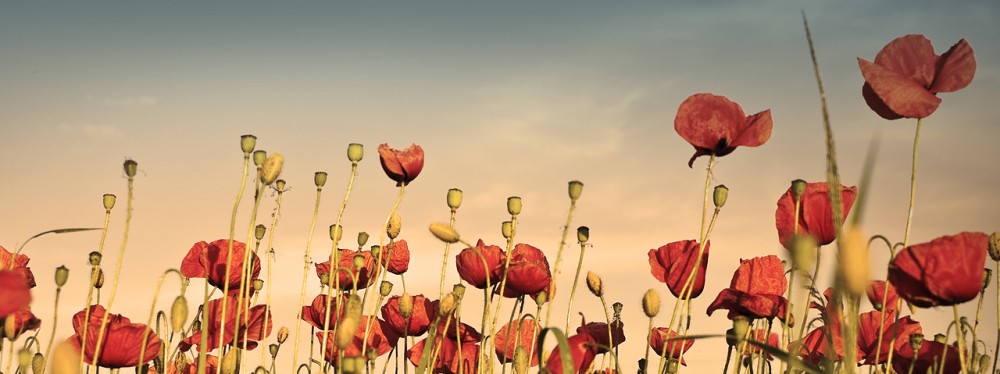 Recruitment of the Wandsworth Battalion had progressed well, in July the Recruiting Committee of Wandsworth Council had produced 15,750 handbills and posters which had been distributed throughout the borough. The proof copy and the finished version are below. This had resulted in over 900 men having signed up by the end of July and by 4th August, when they paraded at the Ram Brewery, there were 1020 men.
Recruitment of the Wandsworth Battalion had progressed well, in July the Recruiting Committee of Wandsworth Council had produced 15,750 handbills and posters which had been distributed throughout the borough. The proof copy and the finished version are below. This had resulted in over 900 men having signed up by the end of July and by 4th August, when they paraded at the Ram Brewery, there were 1020 men.
Now that the battalion was recruited, other concerns began to take over. Subscriptions had been taken to support the battalion and equipment had to be acquired. Bourn & Tant, Army, Navy & Hospital Contractors wrote offering to supply good with immediate delivery. These included:
- 2000 pairs of woollen gloves at 1/3½ per pair
- 3000 navy mitts with thumb at 1/6½ per pair
- 10,000 Best Fleecy Pants or Vest at 22/9 per dozen
- 10,000 Army Grey Shirts at 2/4½, 3/6, 4/4½ each
- 10,000 Khaki Shirts at 2/11, 3/9, 4/4½ each
- 4000 Cashmere socks 6/11 a dozen
- 4500 knitted socks 10/11 a dozen
The file does not record what, if any, of this list was ordered. There is a copy of an appeal by the Mayoress to the ladies of the borough to not forget their own and to knit men’s socks. “The Colonel writes: ‘Socks, Socks, Socks, we want 2000 of them, and presently gloves; at 6am the rifles handle very coldly, and finger ends get chilled.’
Not only did the men have to be equipped, but order had to be maintained in a battalion where all the men were local and might be expected to enjoy local amenities. The correspondence file contains a list of the pubs in Wandsworth at the time, attached to a copy of a letter written to all the licence holders from the Adjutant of the Battalion.
I am instructed by the Commanding Officer to bring to your notice the fact of the absence of insobriety among the men during the formation of the Wandsworth Battalion
This reflects the very greatest credit upon the way in which Licence holders in this district have conducted their establishments, and I am further instructed to thank you for the great forethought you have shown in conducting your business, in regards to soldiers, which greatly assists in maintaining the character of your local Regiment.
Local pub landlords had perhaps been requested to not allow soldiers to get drunk in order to help keep the battalion popular locally, although no such suggestion is recorded in the minutes or the correspondence. The letter even emphasises that it is their local regiment, presumably to keep them on side and remind them that slightly lower profits could be contributing to the war effort.
Both the equipment suggestions and the implied worries over insobriety suggest that raising a battalion in short space of time was no small task. Wandsworth may have been one of the quickest to raise a battalion to full strength, but recruitment was not the only, and perhaps not the hardest, task involved in doing so.
Wandsworth Battalion minutes, ref: MBW/2/31/1
Wandsworth Battalion correspondence, ref: MBW/2/31/2



